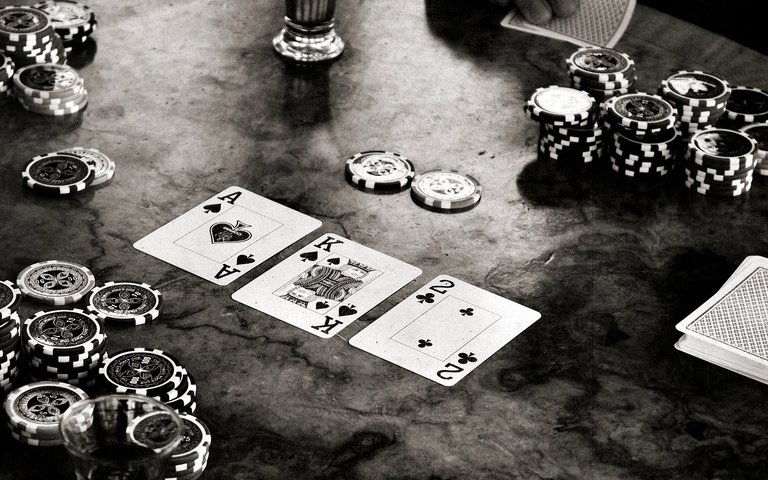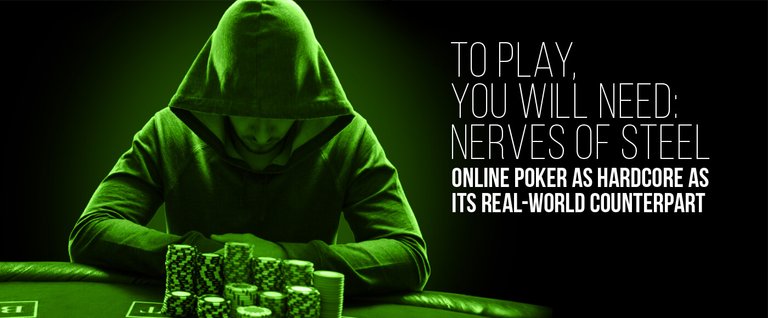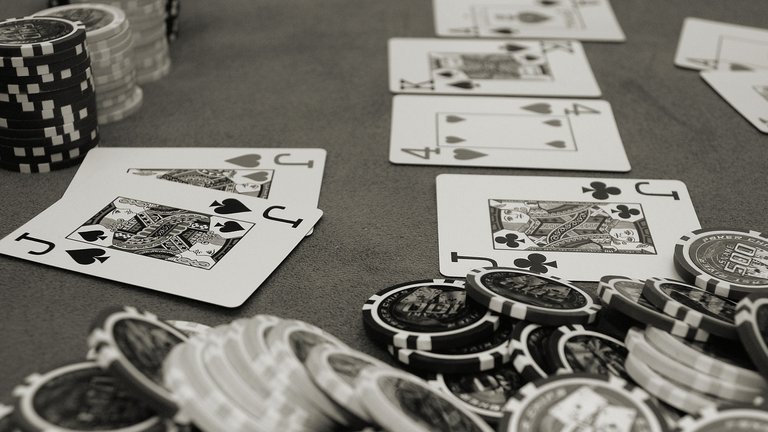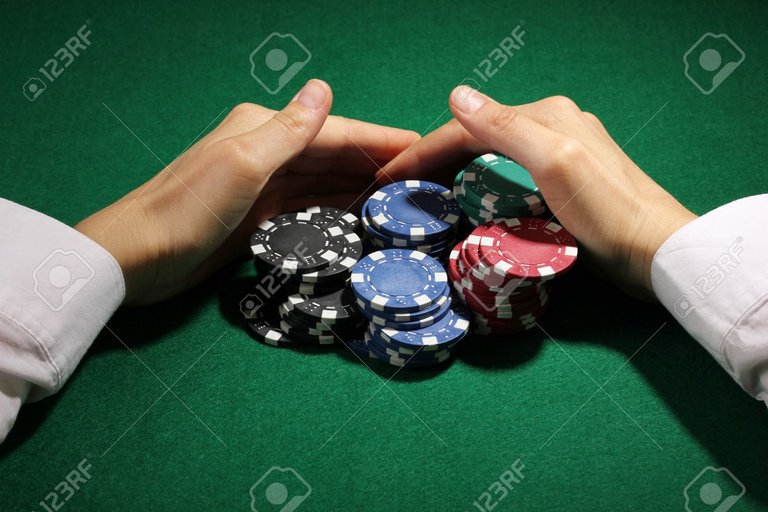I was born in a country where the average monthly wage is very low. Many people choose to leave the country for a better future. Those who remain, struggling for their existence . Here comes the wish to find another way of income, and this was poker.

“Life is not always a matter of holding good cards, but sometimes, playing a poor hand well.” ( Jack London)
Paradoxically, the rules of poker are easy to learn but complicated to play.
I have discovered poker since I was sixteen. For beginning, it was for fun. With time, I realized that this can be a good source of income in my poor country.
In my opinion the hardest thing in poker is the mental and emotional side. One of the primary reasons that poker is so complicated is that we are emotional beings and not robots. We are susceptible to making decisions based on emotion as opposed to decisions based on logical thought processes. And here rise the main problem of poker player ''Tilt'':
“Tilt is a poker term for a state of mental or emotional confusion or frustration in which a player adopts a less than optimal strategy, usually resulting in the player becoming over-aggressive.”

Nobody wants to quit when he's losing; nobody wants you to quit when you're ahead ...
''Poker is a lot like sex. Everyone thinks they are the best, but most don’t have a clue what they are doing.'' — Dutch Boyd
What Dutch Boyd gets correct here is that most poker players are a bit delusional about their abilities. They’re not lying to you, they just don’t want to face the truth. It’s really easy to forget five losing sessions and focus on the one winning session you just had.
Many people play poker simply because they like the game.
They either see it as no different from a game like chess or backgammon, where different skill levels create a fun and interesting challenge, or they view poker as they view blackjack and craps, an opportunity to gamble and if you get lucky, win a little money.
If you are a "fun" player, that's fine. However, you should play to give yourself the optimal chance to have fun.
That means playing with a bankroll that you can afford to lose. If losing your stake makes you miserable all day, you may not be having as much fun playing poker as you think you are.
If you think an opponent is playing for fun, it's very important not to berate them for a perceived bad play, even when they suck out on you.
If you do, they may stop having fun and either leave or start to play more seriously, in both cases depriving you of an opportunity to win back your money by taking advantage of their bad play.

What about profit in poker?
This is one of the most often discussed motives for poker and possibly the most overrated.
The reality is that only around 10% of poker players are long-term winners.
Being a winning poker player is a lot harder than it looks on television. Most poker pros are not spending all of their time at televised final tables.
The majority of pros are either in live casinos playing very set times and limits or, more commonly these days, multi-tabling for 10 or so hours at a time online.
Also, if you have a family or other obligations, the swings of being a poker professional can be very stressful.
Very few other jobs are out there where you can work hard all week and end up with less money than you started with.
It is possible to have a good life as a poker professional, but you have to work at it.
It's not enough to understand pot odds and have a few winning sessions. You need long-term focus, discipline and a commitment to consistently improving your skills in order to succeed.

The most important thing, what you should not lose in poker, is your Life.
Very interesting detailed explanation of what Poker can provide.